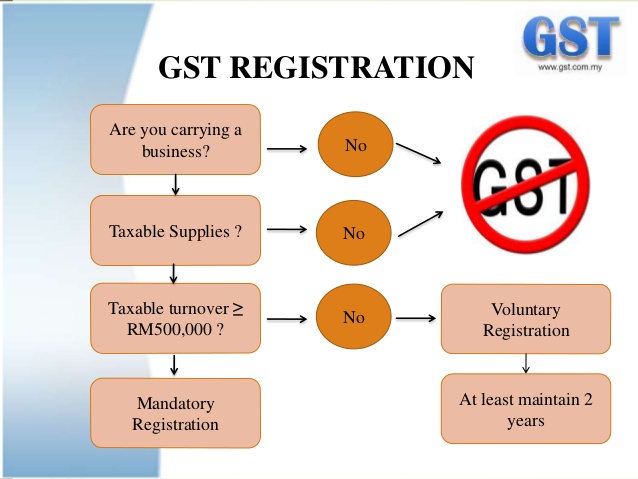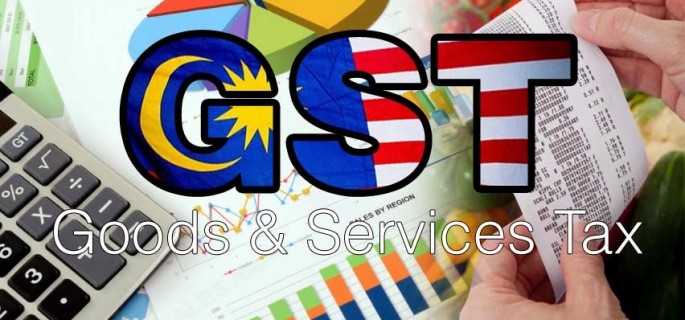Comprehensive Guide to the most effective GST Registration Services in Singapore
Comprehensive Guide to the most effective GST Registration Services in Singapore
Blog Article
From Beginning To End: The Ultimate Roadmap to GST Enrollment for Services Looking For Financial Stability
Browsing the intricacies of Item and Solutions Tax (GST) enrollment is a vital step for companies striving for financial security. Breaking down the roadmap into workable actions can simplify the registration trip for businesses looking to improve their monetary standing.
Recognizing GST Basics
Delving into the essential principles of Product and Services Tax (GST) is vital for acquiring a comprehensive understanding of its implications on businesses and the economic situation. Input Tax Credit Rating (ITC) is a significant attribute of GST, permitting services to declare credit score for tax obligations paid on inputs, decreasing the total tax obligation worry. Recognizing the fundamentals of GST is critical for services to abide with tax guidelines, handle their financial resources efficiently, and add to the country's economic development by taking part in a clear tax system.
Eligibility Requirements for Registration
As of the existing guidelines, the threshold limitation for GST enrollment is a yearly accumulation turnover of 40 lakhs for organizations running within a state, except for unique category states where the limitation is 20 lakhs. Furthermore, specific organizations are called for to sign up for GST irrespective of their turn over, such as interstate providers, casual taxed persons, and businesses responsible to pay tax under the reverse cost mechanism. It is crucial for organizations to thoroughly analyze their turn over and deal kinds to determine their GST enrollment responsibilities accurately.
Records Needed for Enrollment
Having satisfied the qualification criteria for GST enrollment, organizations have to now guarantee they have the requisite documents in place to proceed with the registration procedure successfully. The files required for GST enrollment normally include evidence of service constitution, such as collaboration deed, registration certification, or incorporation certification for different types of companies. Furthermore, services need to provide records developing the major place of company, such as a rental contract or electricity expense.
Step-by-Step Registration Refine
Commencing the GST registration process entails a series of structured steps to ensure a compliant and smooth enrollment for businesses. The primary step is to visit the GST site and load out the enrollment form with accurate details of business entity. Following this, the candidate receives a Short-lived Referral Number (TRN) which is used to resume the application process if it's not completed in one go.
Next, all needed papers according to the checklist provided by the GST portal more info here demand to be posted. These files commonly include proof of service address, identity and enrollment evidence of marketers, financial statements, and company entity's frying pan card.

Post-Registration Compliance Standards

Verdict
In conclusion, companies looking for economic security should recognize the fundamentals of GST, fulfill eligibility standards, gather necessary documents, follow the detailed enrollment process, and adhere to post-registration guidelines - Best GST registration services in Singapore. By sticking to these steps, companies can guarantee conformity with tax policies and keep monetary security in the long run
Additionally, specific businesses are needed to sign up for GST regardless of their turn over, such as interstate suppliers, laid-back taxable individuals, and services responsible to pay tax under the reverse charge system.Having actually fulfilled the qualification criteria for GST registration, businesses have to now guarantee they have the requisite papers in place to continue with the enrollment procedure efficiently. The records required for GST registration typically include proof of company constitution, such as collaboration deed, registration certificate, or incorporation certification for various kinds of businesses. Furthermore, organizations require to supply records developing the primary area of service, such as a rental agreement or electrical energy costs.Beginning the GST registration process entails a collection of organized steps to make sure a compliant and seamless registration for businesses.
Report this page